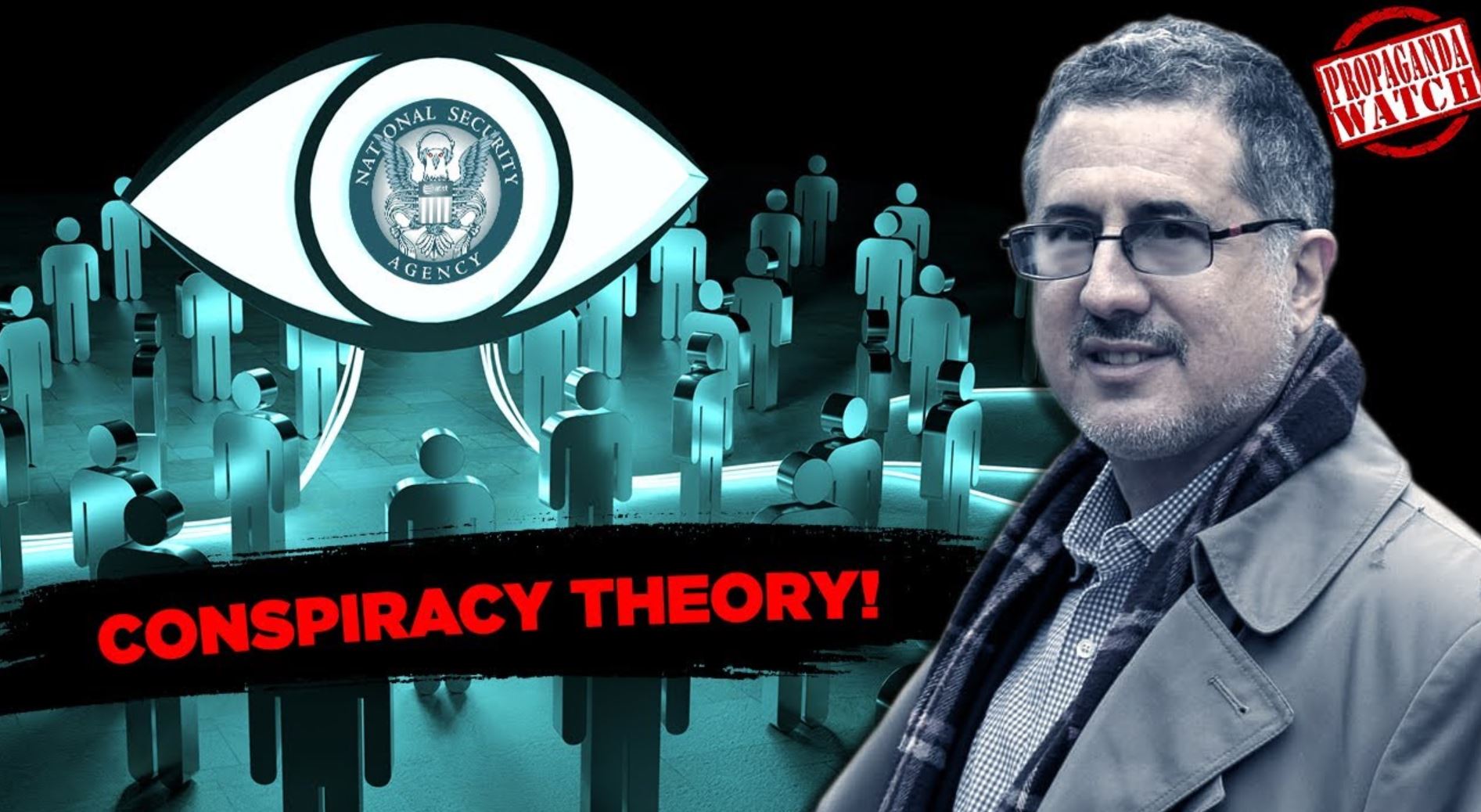

Clearly communicate their intent to completely withdraw from the plan to all other co-conspirators.However, they can potentially withdraw and absolve themselves of criminal charges if they: It’s important to note that a co-conspirator cannot just walk away from the plan that they have agreed to. However, it’s important to note that an overt action could be as simple as observing (i.e., casing) the bank while considering the crime. In that case, neither individual is likely to be convicted of conspiracy. No actions were taken to further the crime: Suppose two individuals plan to rob a bank, but no one takes any action to further the crime.If you were forced to agree to a crime via violence or threats of violence, your federal criminal defense lawyer can mount a strong defense on your behalf. You were forced into the agreement: Federal conspiracy laws require willful intent.However, if it is true that no agreement was in place, then a proven attorney can help to raise this defense. § 371 doesn’t require physical evidence of an agreement (i.e., writing or text message), it can make it challenging to prove that no agreement existed. If you’re at risk of going to prison for federal conspiracy charges, an experienced federal criminal defense attorney can possibly mount several defenses. It’s important to note that the penalties for conspiracy are in addition to penalties for the underlying crime committed.įor example, if an individual and his friend agree to deal drugs across state lines (and are successful), they may face drug trafficking and conspiracy penalties. However, if an organization committed the conspiracy, a judge can impose fines of up to $500,000.įurther, individuals convicted of conspiracy to commit misdemeanor crimes cannot be punished more harshly than the maximum sentence of the original crime. § 371 face up to five years imprisonment and up to $250,000 in fines.

Individuals charged with conspiracy under statute 18 U.S.C. The penalties for conspiracy convictions depend on a few factors. Possible Penalties For A Federal Conspiracy Charge For example, the person who leads the planning and execution of the plan can expect a longer prison sentence than others involved. Individuals convicted of federal conspiracy may face harsher penalties depending on the seriousness of their charges. That means that individuals can be charged with conspiracy if they agree with one or more people to commit the following crimes: Examples Of Criminal Conspiracyįederal criminal conspiracy charges can be levied against anyone who agrees to commit or further a federal crime. The agreement itself is the essence of the crime. They are merely required to prove that there was intent to commit a federal crime, and someone involved in the conspiracy took action. However, if the intent is to actually rob a bank and one or more persons involved take action to further the plan, then it can be considered a conspiracy.Īdditionally, the prosecution is not obligated to prove that the conspiracy led to losses.

That means that mere jokes like “we should rob a bank” are not typically considered a conspiracy. It’s important to note that the government must prove that some type of agreement existed between two or more persons to commit a crime. One or more people involved in the crime take “overt” action to further the underlying crime(s).Two or more people conspire to defraud the government or any government agency.Two or more people conspire (i.e., agree) to commit a federal crime.


 0 kommentar(er)
0 kommentar(er)
